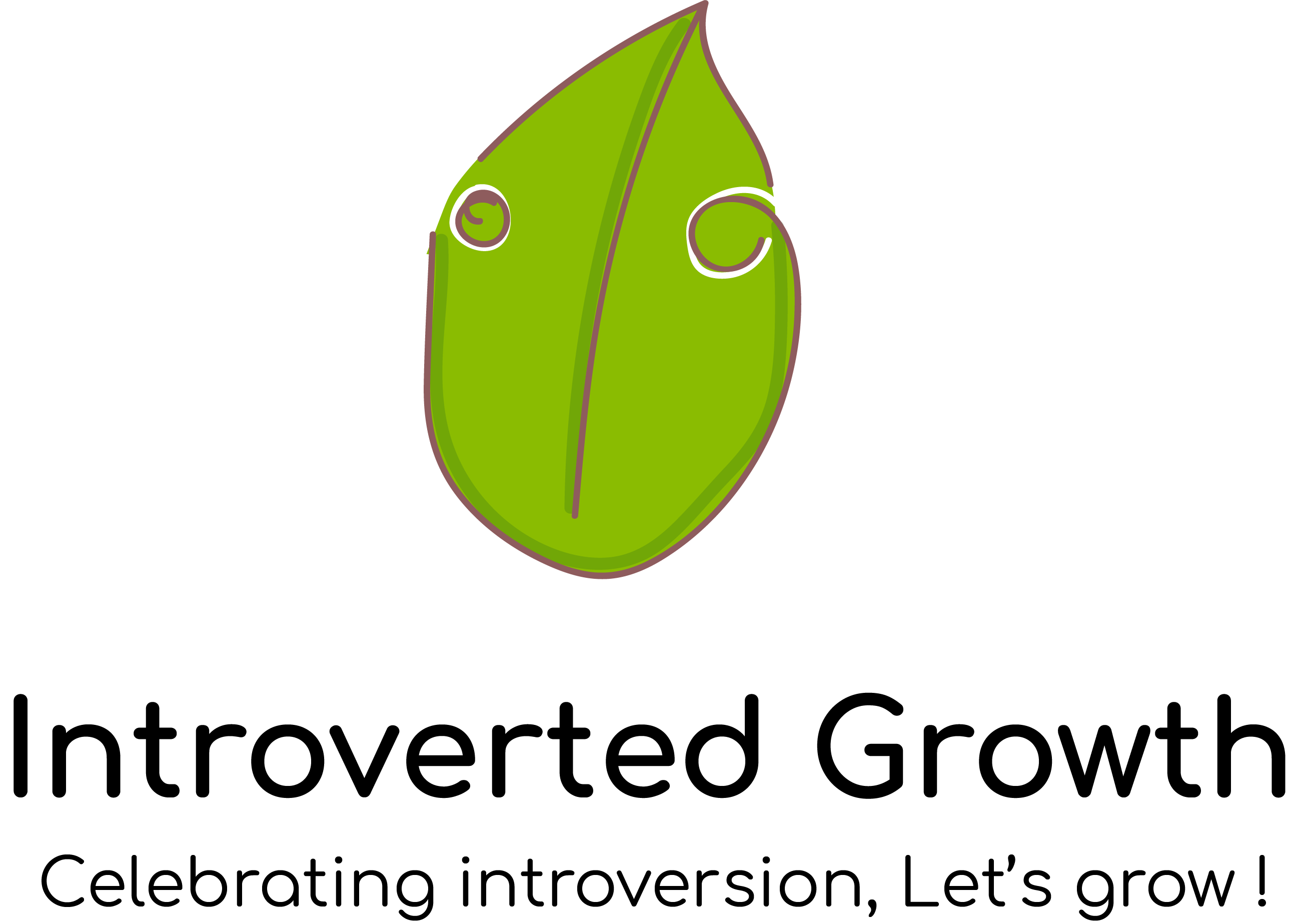This guide will explore the characteristics of the ISFP 2w3, as well as their strengths, weaknesses, and famous examples that you can relate to.
What Does ISFP 2w3 Mean?
The ISFP 2w3 personality is a unique combo of the ISFJ personality type with the Enneagram type 2 wing 3.
This combination results in a personality that is both caring and creative. They are often people-pleasers who want to make everyone happy, but they also have a wild side that can come out at times.
What are the Characteristics of an ISFP 2w3?
There are a few key characteristics of the ISFP 2w3 that are worth highlighting. They include:
Creative
The ISFP 2w3 is very creative and enjoys coming up with new ideas. They often have a strong artistic streak and are good at seeing the world in a unique way.
Caring
They’re very caring and want to make everyone happy. They are often seen as kind, gentle, and sensitive people.
People-Pleaser
ISFP 2w3s are people-pleasers and want to make everyone happy. They often go out of their way to help others, even if it’s not always convenient for them. That’s because their core desire is to be loved and appreciated.
Willing to Help
An ISFP 2w3 is always willing to help others, even if it’s not always convenient for them. They are often the first to offer assistance and are always there for their friends and family.
Driven by their goals
The ISFP 2w3 is driven by their goals and wants to achieve them at all costs. They are often very determined and can be very successful if they set their mind to it.
How Does the 2w3 impact the natural ISFP Personality traits?
Having the enneagram type 2 as an ISFP will impact the natural tendencies of the ISFP. One such example is that the ISFP 2w3 will be more people-pleasing and outgoing, unlike average ISFPs who are more introverted and care more about their inner world.
Type 3 being the wing will also add a layer of ambition and determination to the ISFP 2w3. They will be more driven to achieve their goals and be successful in life and this will be noticeable in them.
You know, sometimes people won’t believe they’re ISFPs since the average ISFP is stereotyped as lazy and slow moving.
another impact of the 2w3 is on their creativity. With the 3 wing, the ISFP 2w3 will be more creative and come up with new ideas more often than average ISFPs.
Where do the Strengths of an ISFP 2w3 lie?
There are a few strengths that the ISFP 2w3 tends to have. These include:
- More extraverted and outgoing while still needing time alone to recharge.
- Have a Caring and helpful nature.
- Have Artistic and creative tendencies.
- Goal-oriented
- More suited to become a leader
- More empathetic
- ‘Mostly’ more adventurous.
What are the Weaknesses of an ISFP 2w3?
The weaknesses of an ISFP 2w3 would be:
- Can struggle with low self-esteem
- Can become possessive of their loved ones.
- Can become manipulated just to keep people’s love.
- May act impulsively at times.
- Can lose themselves being people pleasers.
Signs of an unhealthy ISFP 2w3?
An unhealthy ISFP 2W3 can get stuck in the Fi-Ni loop where they endlessly analyze their decisions and the consequences of their actions. This can lead to a lot of anxiety and indecisiveness.
They may also try to please people too much to the point where they become a doormat and lose themselves in the process. This can be damaging to their mental and emotional health.
Lastly, they may become too manipulative in order to keep the people they love close to them. This is not only unhealthy for themselves, but also for the people around them.
How to become a healthy ISFP 2w3?
In order to become a healthy ISFP 2w3, it is important for them to learn to love and accept themselves for who they are. They need to learn that it is okay to be different and that there is nothing wrong with them.
They also need to learn how to set boundaries with people and say no when they need to.
Another important thing is to work on developing their extraverted functions, and especially their Si. This will help them to become more present in the world and enjoy life more.
Lastly, they need to learn how to deal with their emotions in a healthy way. This can be done through therapy or self-help books/programs.
10 Best careers for the ISFP 2w3 personality type:
- Artist
- Designer
- Entrepreneur
- Human Resources
- Journalist
- Lawyer
- Librarian
- Marketer
- Military Personnel
- Nurse
Famous ISFP 2w3 Characters
ISFP 2w3 Fictional movie/TV show Characters
- Gilly in Game of Thrones
- Hannah Kahnwald in Dark
- Genevieve in Barbie In The 12 Dancing Princesses
- Kim Boggs in Edward Scissorhands (1990)
ISFP 2w3 Anime Characters
- Matsuno Karamatsu in the anime ‘Osomatsu’
- Nyaa Hashimoto in the anime ‘Osomatsu’
- Chiemi in the anime Wonder Egg Priority
- Yashiro Nene in the anime ‘Jibaku Shounen Hanako-kun’
ISFJ 6w7 Celebrities in Real Life
- Park Bom, Kpop singer.
- Antoine Griezmann, Football (soccer) player.
- Luiza Setra (Luhsetra), TikTok Star.
- Daniel Molo, Vlogger.
FAQs
ISFP 2w3 Meaning?
ISFP 2w3 is a type of ISFP personality that is influenced by the Enneagram type 2 wing 3. This makes them more extraverted and driven than average ISFPs. They also have a caring and helpful nature, are artistic and creative and are suited to become leaders.
ISFP 2w3 vs ISFP 2w1?
The only real difference between the two is that the 2w3 is more goal-oriented and may be more adventurous than the 2w1. They are both equally creative and caring individuals.
ISFP 2w3 vs INFJ 2w3?
The INFJ 2w3 is more introverted and analytical than the ISFP 2w3. They also have a stronger sense of intuition than the ISFP 2w3. The ISFP 2w3 is more extraverted and may be more adventurous than the INFJ 2w3. They are both equally creative individuals.
ISFP 2w3 vs ENFP 2w3?
The ENFP 2w3 is more extraverted and playful than the ISFP 2w3. They also have a stronger sense of intuition than the ISFP 2w3. The ISFP 2w3 is more driven and may be more adventurous than the ENFP 2w3
CONCLUSION
I hope this guide has helped you to better understand the ISFP 2w3 personality type. If you found this article helpful, you may want to read our other articles on this interesting personality type.
Remember that our aim with these guides is to help create personality type awareness but not to prescribe or judge.
As always, we as humans are individual and unique so it’s important to remember that personality type qualities are just the backbone of our personality. There is always more to each and every one of us than can be captured in a few letters. Thanks for reading!






